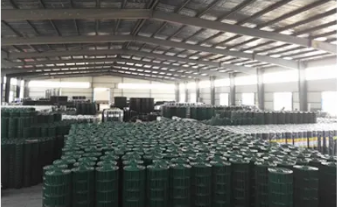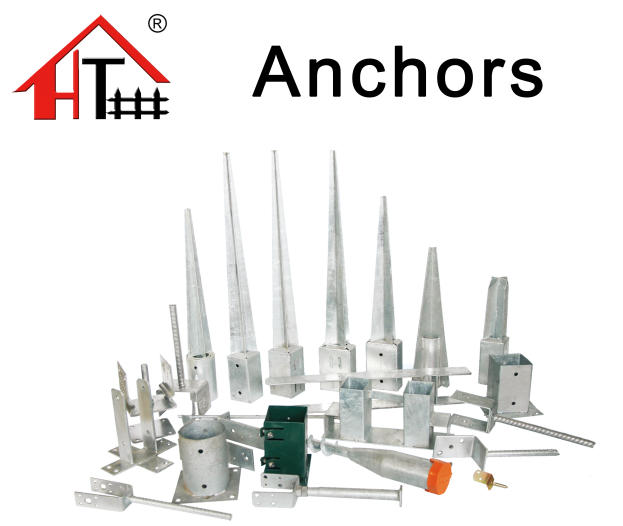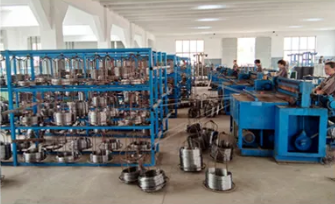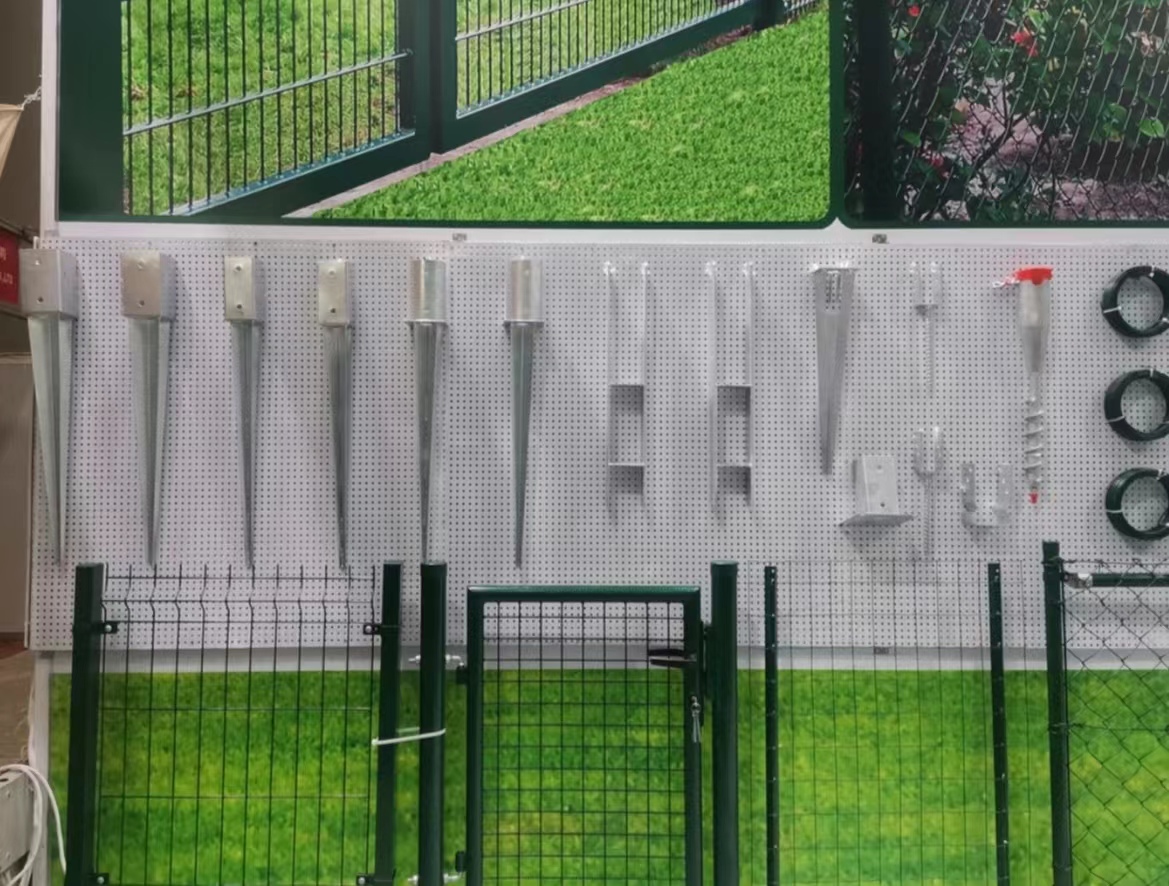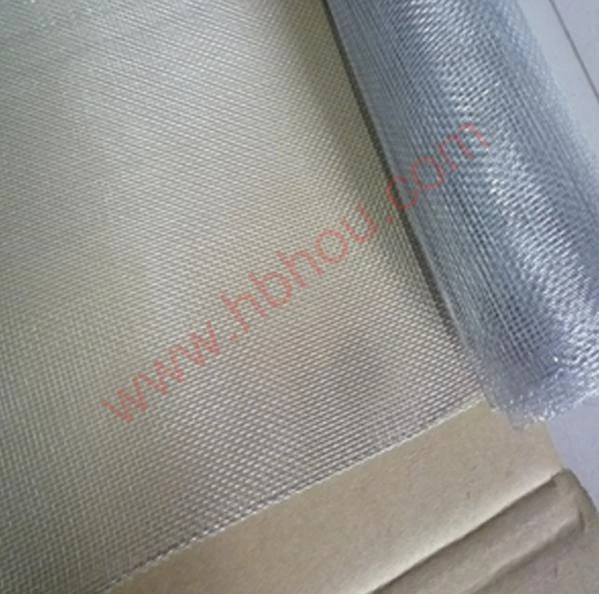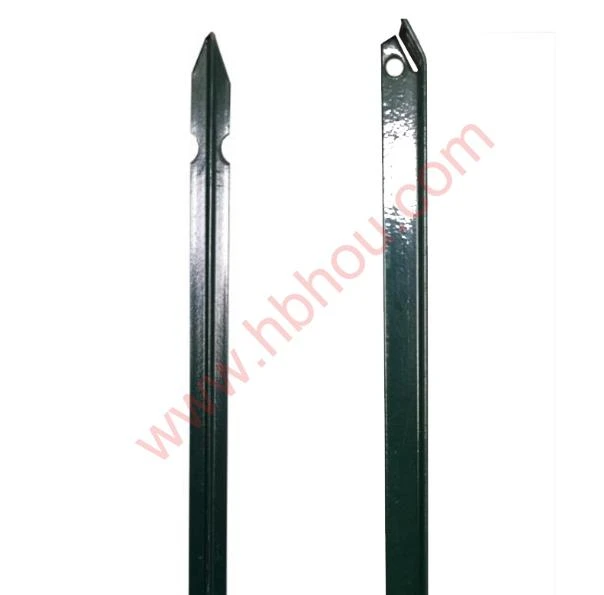Understanding the Cost of Gabion Walls
Gabion walls have gained popularity in landscaping and civil engineering, primarily due to their durability, versatility, and aesthetic appeal. A gabion wall is a structure made from wire mesh containers filled with rocks, stones, or other materials, creating a robust and stable structure. When considering a gabion wall for your property or project, understanding the associated costs is essential for effective budgeting and planning.
Factors Influencing Gabion Wall Costs
1. Material Selection The cost of gabion walls largely depends on the materials used. The wire mesh containers can vary in gauge and type, affecting both quality and price. The stones or rock fill—in terms of type, size, and availability—also play a significant role in the overall cost. Local availability of materials can reduce transportation expenses, making it a crucial factor.
2. Size and Design The dimensions of the wall significantly impact the total cost. Larger walls require more materials and labor, consequently increasing the price. Additionally, complex designs, such as curves or integrated landscaping features, will require more planning and may also raise costs.
3. Installation Costs Installing a gabion wall can be labor-intensive. If you choose to hire professionals, labor costs will significantly affect the total expense. The complexity of the project, site conditions, and location can also influence labor rates. DIY installation is an option that can save money but requires knowledge and skill.
4. Site Preparation Before installation, the site often needs preparation to ensure stability and longevity. This may include clearing vegetation, leveling the ground, or other land modifications. Site preparation costs can add up, especially for larger or more challenging terrains.
gabion wall cost

5. Local Regulations and Permits Depending on your location, certain permits or regulatory approvals may be required before erecting a gabion wall. These can incur additional costs and should be factored into your budget from the outset.
Estimated Costs
On average, the cost of a gabion wall ranges from $20 to $50 per square foot installed, but this can vary widely based on the aforementioned factors. For example, a simple, straight wall may cost roughly $15 to $25 per square foot, while more intricate designs can push costs upwards of $70 per square foot.
Long-term Value
Despite a higher initial investment compared to traditional walls, gabion walls offer long-term benefits that can justify the cost. They are durable and capable of withstanding adverse weather conditions, reducing the need for maintenance or replacement. Additionally, they can enhance property aesthetics and increase landscape functionality, providing both visual appeal and structural integrity.
Conclusion
In summary, the cost of gabion walls can vary widely based on material selection, size, installation methods, site preparation, and local regulations. While the initial investment may seem steep, considering the durability and long-term benefits these structures provide can help justify the expense. Whether for erosion control, decorative accents, or boundary delineation, gabion walls represent a wise choice for homeowners and developers seeking a sustainable and aesthetically pleasing solution. Always consult with professionals to assess your specific needs and to develop a comprehensive understanding of costs associated with your gabion wall project.









